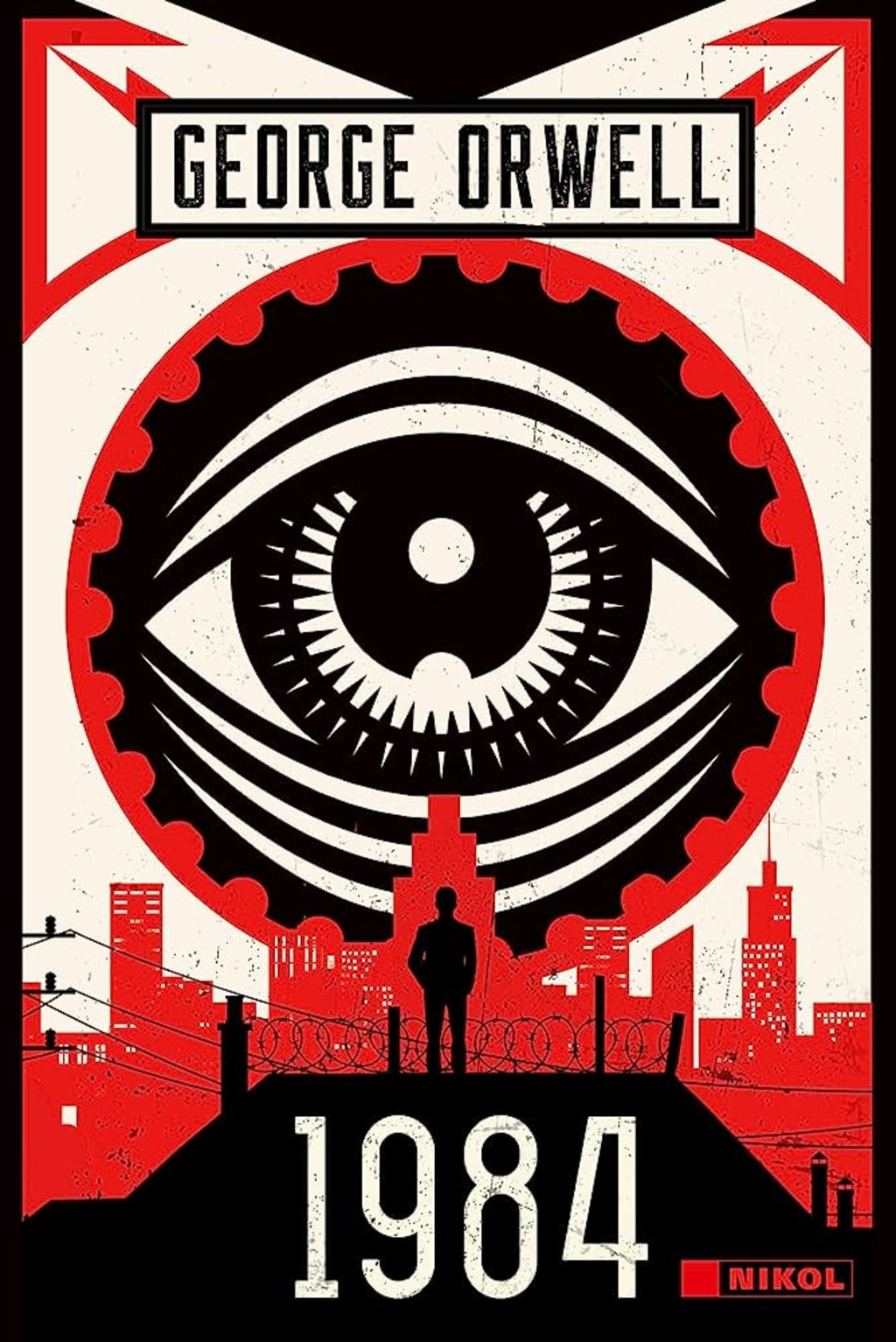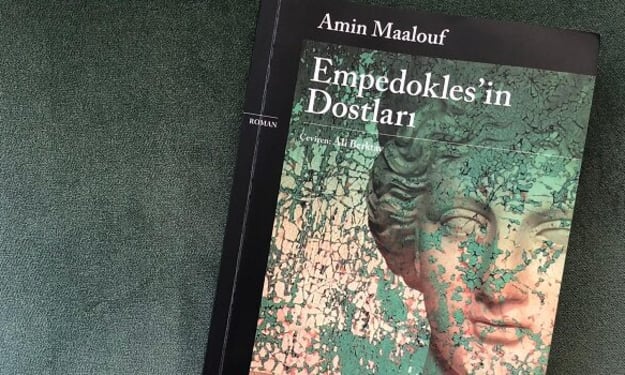George Orwell- 1984 | Book Summary And Review
George Orwell 1984

"1984" - Summary
"1984" by George Orwell is a significant work in the dystopian genre and has left a lasting impact on world literature since its publication in 1949. The novel is set in a near-future world dominated by a totalitarian state, painting a dark picture of human freedom and individuality. Let's delve into the summary of the book:
"1984" takes place in Oceania, a totalitarian state where the Party holds absolute control. Winston Smith, the protagonist, lives in London under the Party's oppressive regime. The Party, led by a figure known as Big Brother, employs ruthless tactics to suppress any dissenting thoughts, which they classify as "thought crimes."
Winston harbors doubts about the Party's lies and manipulations, secretly nurturing a rebellious spirit within himself. Though he outwardly conforms to the Party's slogans, he seeks truth and authenticity in a world filled with deception. One day, Winston stumbles upon an old diary and secretly writes down his thoughts, defying the Party's dogma. In the process, he discovers Julia, another individual who shares similar dissenting thoughts. Julia becomes Winston's clandestine ally and lover.
Together, Winston and Julia engage in a forbidden relationship and display resistance against the Party's control at the "Chestnut Tree Café," a prohibited meeting place. However, their lives take a dramatic turn when O'Brien, a member of the Party, approaches them and appears sympathetic to their revolutionary ideas. Believing O'Brien to be part of a resistance group known as the "Brotherhood," Winston and Julia eagerly join. Unfortunately, O'Brien, who is, in reality, a Party agent, lures them into a trap.
Winston gets arrested by the Thought Police, an organization that infiltrates the Party's ranks and apprehends suspected enemies of the state. O'Brien subjects Winston to intense torture and brainwashing techniques. Under the unbearable torment, Winston succumbs to the Party's manipulations and is convinced that everything, including his love affair with Julia, was a fabrication.
Eventually, Winston becomes a shell of his former self, submitting entirely to the Party's indoctrination and ideology. He adopts the Party's slogans as absolute truth and surrenders his individuality, thoughts, and human dignity.
The book ends with Winston's complete mental and emotional surrender. Orwell emphasizes the importance of human freedom and individuality and warns against the dangers of totalitarian regimes.
Review:
"1984" is an unforgettable masterpiece that has secured its place as one of the most influential dystopian novels in literary history. George Orwell skillfully crafts a world where totalitarian regimes threaten human rights, freedom of thought, and individuality. The novel serves as a cautionary tale about the fragility of truth and the manipulation of information.
The story delves into the blurred lines between reality and fiction and examines the vulnerability of the human mind to manipulation. Winston's brainwashing process illustrates how easily our thoughts and beliefs can be shaped and controlled by false information and propaganda. Consequently, "1984" remains relevant in our modern world, urging readers to remain vigilant against authoritarian regimes and the erosion of personal freedoms.
The societal critique in "1984" is powerful. By portraying the ways in which totalitarian regimes exploit and oppress individuals, the book becomes a mirror to humanity's darker aspects and potential dangers. Simultaneously, it underscores the importance of freedom of thought, the value of humanity, and the significance of knowledge. Through the fictional world depicted in "1984," Orwell calls for awakening societies and urges caution in the face of authoritarian rule.
The mesmerizing narrative, surreal atmosphere, and deep characterizations in "1984" captivate readers, compelling them to contemplate and engage in discussion. On every page, the novel raises vital philosophical and societal questions, making it an enduring piece of literature that continues to shape our understanding of the world. "1984" remains a timeless reminder of the need to safeguard our individuality, autonomy, and the pursuit of truth.
About the Creator
WORKING BRAIN
This is my hobby
Enjoyed the story? Support the Creator.
Subscribe for free to receive all their stories in your feed. You could also pledge your support or give them a one-off tip, letting them know you appreciate their work.






Comments
There are no comments for this story
Be the first to respond and start the conversation.